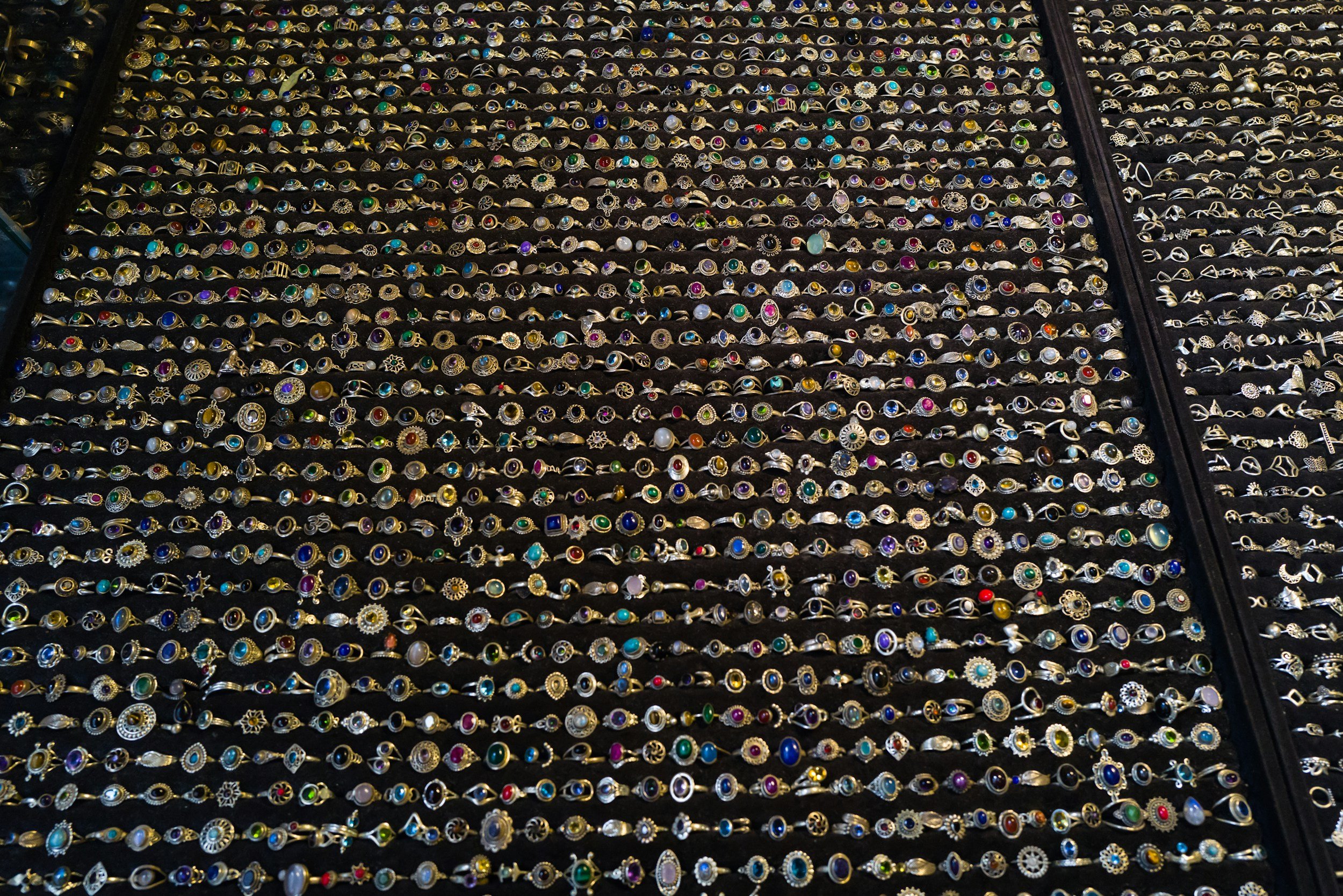Already Broken
Susan Kraft
Word Count 627
Many years ago, my mother's jewelry disappeared.
She herself had disappeared some two decades earlier. In fact, by the time I was in my early 30s, both of my parents were gone. I had few mementoes of their time on earth; furniture and art were swept up in the hurricane of time, distance, and family dysfunction. But, as their sole daughter, I did inherit the jewelry.
The year my mother died, I also lost my grandmother and brother-in-law. My own brothers and I became estranged and, not long afterwards, my marriage ended. Those years felt sickeningly out of control, my body caught up in a rough cold ocean; thrown onto the rocks again and again.
Eventually, I crawled to shore, sandy and shivering. I held my little daughter, her wide blue eyes a momentary tranquil sea. We holed up in a sweet apartment with stained glass and a view of Brooklyn rooftops. I tried not to need too many people or too many things, but I did need money. Some of the jewelry had to go.
Not everything. Stubbornly I held on to the pieces I could best picture on my mother’s small ears, tan wrists, or dappled chest. Each time we moved, that red velvet pouch moved with us. The bits of gold, jade and sapphire felt like talismans; if my daughter would never know her grandmother, at least she’d have her fabulous 1980s earrings.
By the time I noticed anything missing, I had been remarried for several years. I constructed elaborate sandcastles on the beach of my new life and was determined to ignore the incoming tide.
As I searched for the pouch, I felt frantic and more than a little insane. My husband was sympathetic, and we looked for the jewelry together. Had I (idiotically!) squirreled them away somewhere and forgotten? Had I taken them on a trip and left them? Could they possibly have been stolen by an errant teenage daughter to pay for an invisible addiction or an unwanted pregnancy? This is how the mind works.
That same year, I became captivated by Buddhist philosophy. I was working hard on my practice of non-attachment and learning techniques for lowering all manner of self-inflicted mental suffering. I found solace in a famous story about the influential Thai meditation teacher, Ajahn Chah.
Chah reportedly showed his students a delicate antique glass from which he drank his daily tea. When asked was he not concerned for its safety, he replied that the cup was “already broken.” Although he loved holding the glass and was moved by the way it reflected light and made a vibrant tone when gently tapped with a spoon, from his perspective, it was already broken. With this understanding, when it was knocked over or shattered, as it inevitably would be, rather than mourn its loss, he would be able to nod and say “of course.”
Eventually, after months of railing against the bewildering, nonsensical loss of my jewelry, I imagined nodding sagely and saying to myself, "of course." It felt like I was learning to nod to all of what had led up to that moment; not just the losing of sentimental or precious possessions, but a reminder of the impermanent nature of everything, including ourselves and everyone we love.
Several years later a further dimension of this story revealed itself. It turned out that my so-solid-seeming second husband had been inviting strangers into our house and into our bed. Some, it seemed, were professionals. My precious red velvet pouch was currency, a tip that one of them had taken for herself.
The tide had come in. The beautiful sandcastle was returned to the sea.
My husband and I, we were already broken.
Susan is a writer, and a yoga and mindfulness teacher, living in North Carolina. She is working on a memoir about leaving her lifelong home of New York City. Let's just say that the story of her second husband plays a part. Find Susan at sk-yoga.com
